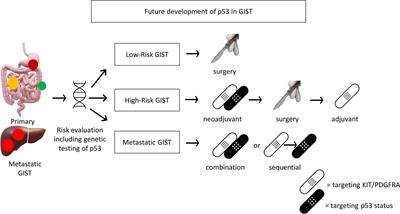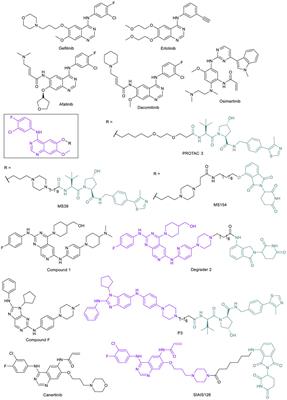EDITORIAL
Published on 03 Feb 2023
Editorial: PROTACs: Targeted therapies for cancer treatment
doi 10.3389/fcell.2023.1131638
- 1,796 views
13k
Total downloads
50k
Total views and downloads
EDITORIAL
Published on 03 Feb 2023
EDITORIAL
Published on 03 Feb 2023
REVIEW
Published on 02 Sep 2022

REVIEW
Published on 29 Jul 2022

REVIEW
Published on 22 Jun 2022

ORIGINAL RESEARCH
Published on 17 May 2022

REVIEW
Published on 25 Apr 2022

ORIGINAL RESEARCH
Published on 10 Mar 2022

REVIEW
Published on 03 Feb 2022

CASE REPORT
Published on 04 Oct 2021

